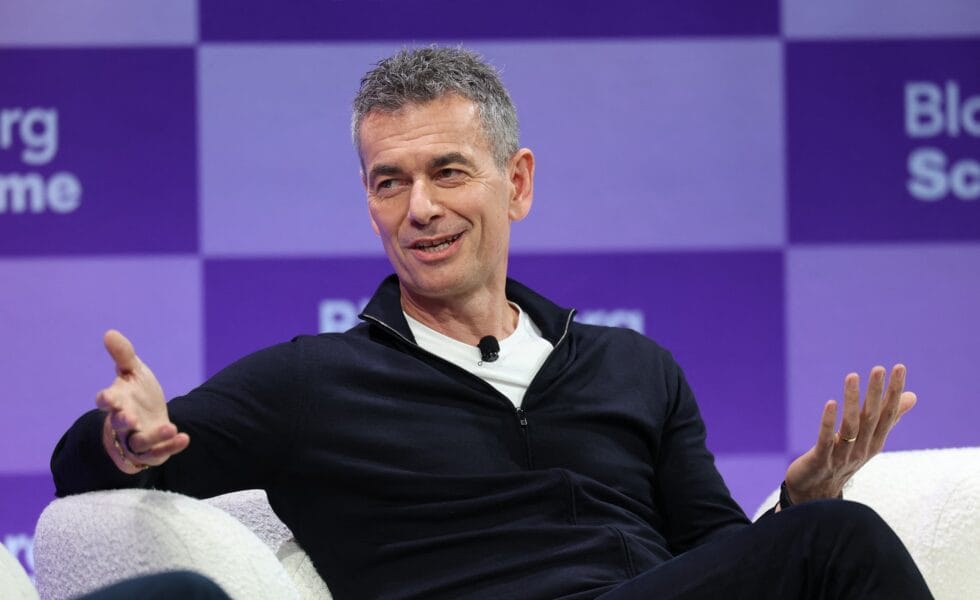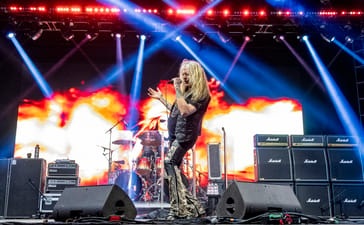The Warner Music honcho has outlined their game plan for an AI-dominated future.
AI is here to stay, so they keep telling me, although I remain dubious (chuck “AI bubble” into a search engine and meditate on what Peter Thiel’s recent stock divestments might portend). Nonetheless, a lot of major players in the arts and media demimonde find themselves in the position of having to behave like it is. It’s a bit like the Cold War; both the US and the USSR pumped resources into researching psychic phenomena not because they believed in it, but because they thought the other team were working on it, and if by some miracle one of the big blocs actually got a paranormal edge, the other would be fucked. Go read The Men Who Stare At Goats – it’ll blow your hair back.
That’s the attitude to AI we’re seeing from a lot of C suites, and you can see it in the blog post that Warner Music Group CEO Robert Kyncl published yesterday, outlining the company’s general policies to the use of AI in music. It’s not bad, all things considered; Kyncl is taking an artists-first approach that isn’t perfect, but isn’t a complete slap in the face for musos and fans. Being a CEO, he’s putting a lot of emphasis on “growing value”, but that’s only to be expected – fish probably spend a lot of time thinking about water, too.
“AI is still in its early days,” Kyncl begins. “Investment is surging, talent is pouring in, and a crop of new, ambitious startups are working with music again for the first time in more than a decade. This is the moment to shape the business models, set the guardrails, and pioneer the future for the benefit of our artists and songwriters.”
“Guard rails” seems to be the key focus going on, with Kyncl outlinging three guiding principles WMG intend to follow:
- We will only make agreements with partners who commit to licensed models;
- The economic terms must properly reflect the value of music;
- And, most importantly, artists and songwriters will have a choice to opt-in to any use of their name, image, likeness, or voice in new AI-generated songs.
That third point is probably the most important for artists and is unarguably a welcome one. But Kyncl’s essay very much points to a future where Warner is aggressively and enthusiastically pursuing partnerships with AI, both for production and audience engagement, along with licensing WMG material for outside creators.
Essentially, Kyncl splits the difference, noting that “we believe Generative AI will lead to a new explosion in creative and commercial opportunities” while also saying that authenticity will become more valued going forward, as “in a sea of AI-generated content, real artistry, identity, and vision will define stronger artistic brands.”
He envisions a three-pronged approach to the issue if AI in music: legislate, litigate, license. “We lobby for legislation that sets clear guidelines. We deploy litigation to halt bad actors. And we use licensing as the most powerful way to shape the future. Licensing is how we can safeguard our artists and songwriters, while collaborating with tech partners, to propel new fan experiences that drive additional revenue.”
For musicians, it seems Kyncl is trying to make all the right noises here by focusing on the rights of the artist. But whether this policy statement turns out to be positive or merely placatory is anyone’s guess.






